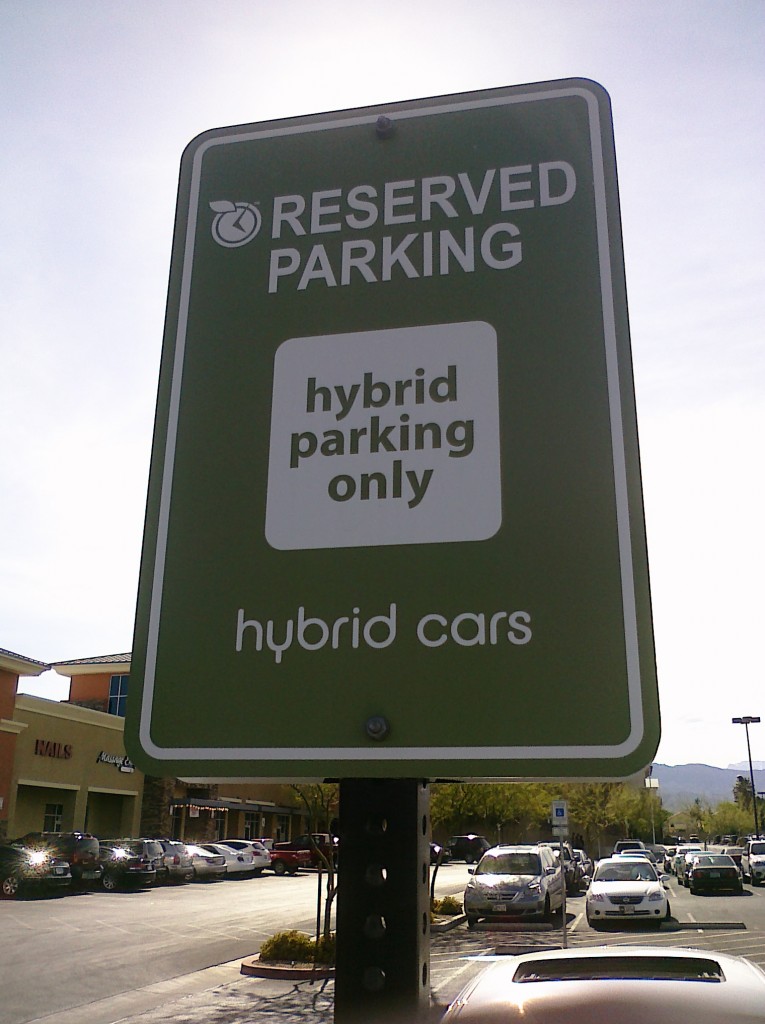To quote one of America’s dippiest celebrities on her investment strategy:
We go to Starbucks every day, so I bought Starbucks stock
Your humble blogger drives a Ford every day, and wouldn’t touch Ford stock with Ms. Streisand’s nose.
This is the stupidest way imaginable to invest. Equating the utility of a company’s products with the strength of the company’s finances is like saying “Brett Myers can throw a 91 mph fastball, therefore I bet he’d make a great husband.”
But back to the mentally deficient celebrity at hand. Ms. Streisand is more fortunate than you in that she can get rich (and did, and does) off active income. She’s one of those extremely rare people in that her talents alone made her a multimillionaire. She didn’t have to leverage her money and time, defer spending, and research investments in order to get rich. Her voice and acting chops did it for her. Furthermore, she can afford to lose millions in the stock market and not flinch. Depending on how big Ms. Streisand’s Starbucks position is, were the stock to tank, there’s a corresponding number of nights she can perform at the MGM Grand Garden Arena that will wipe the losses away.
Other companies we patronize daily include Nevada Energy (stock trading at close to a 52-week high) and Nestlé (makers of Friskies cat food, stock in a similar position to Nevada Energy.) Two companies, one a utility, one a multinational leviathan, both of which have something of a ceiling on their short-term growth. We need better reasons for investing in something.
Our investments include the following:
- Netflix stock. Despite never being a member, and never wanting to. Your humble blogger hates both movies and subscriptions. But tens of millions of other people feel otherwise, and investing is more about considering what those other people are interested in, rather than what the investor is interested in.
- Altria stock. It’s hard to imagine a stupider activity than smoking, but tell that to the billions of people around the world who see inhaling tobacco fumes as a perfectly normal thing to do. Hell, if it’s good enough for the President of the United States, why not?
If other people are going to behave irrationally (e.g. by smoking, or gambling, or drinking, or incurring credit card debt), and no one’s going to convince them not to, why not profit off them? It’s the responsible thing to do. Until mankind wakes up one morning and collectively decides, “You know something? Maybe actively introducing carcinogens into my respiratory system isn’t a bright idea. Time to stop now,” which it won’t, we’re going to continue to be indirectly responsible for selling them their poison.
- Houses in lower-middle class areas. Because, as always, the price was right. Is right. “You make your money going in” is one of personal finance’s all-time great truisms. An inexpensive house that requires a minimum of upkeep (no lawn maintenance company to hire, no pool to clean) is easy to rent. The renters make the mortgage payments (and then some), leaving the landlord with a profit that requires just a little paperwork to maintain.
That’s exploitation of the poor.
Sure, if you say so.
Now that we’ve got the reactionary simpletons out of the room, let’s resume. Renting out comfortable shelter to people is the opposite of exploiting them. It’s providing for them – meeting the most basic of their requirements, no less. For a fair price, one made even more fair by the fact that these renters can’t afford to buy a house. We advocate home ownership on this site, multiple home ownership if you can do it, but not everyone’s in a position to buy. And we might as well make money off some of those otherwise disenfranchised people. Because someone is going to. So why not us?
It’s the same principle as that advocated by buying Altria stock. Say we were to wrap ourselves in righteous indignation and decide, “This is a travesty. Smoking kills 135,000 Americans every year – an entire Topeka or New Haven – and we won’t be a party to the wholesale genocide any longer.”
That position isn’t going to save a single life. And even if it did, why should we care? Altria customers gladly sign their own death warrants, in exchange for rich and mild satisfaction. On a far smaller and more benign scale, the same goes for Netflix customers. If they want to pay big markups for a service that we have no interest in, why should that be our concern? It might not be our business, but we’re making it our business. To the tune of increased returns (and in Altria’s case, years of ever-increasing dividends.)
Umbrage never made anybody rich. It’s a childish emotion…actually, that’s not fair. It’s an adult emotion. But it doesn’t matter. It’s an emotion. Any of which – anger, joy, trepidation – gets in the way of the subject at hand, which is earning enough money via our financial acumen that we can escape our unfulfilling jobs and subservience to The Man.
“Cold” is never intended as a compliment when attributed to a human, and “rational” isn’t regarded much better. But coldness and rationality are critical if you want to grow your money. If you’re going to get excited about a stock, do so because it’s grossly undervalued and no one else seems to notice. Not because its IPO is coming up and you think it’ll be fun to invest in it. Otherwise, have no emotions whatsoever.
Another company we have a big position in is Tesco, a name unfamiliar to most people on our continent. It’s the UK’s largest retailer, their answer to Walmart, with a smattering of stores around Asia and the rest of Europe. We’d say we’ve never patronized Tesco, only looked at the company’s financial statements, but it turns out that indeed we have given them our business.
Tesco also operates a few grocery stores under a different name in the United States: Fresh & Easy. If you’ve never been to one, and if you don’t live in the Southwest you probably haven’t, Fresh & Easy is one of the most self-righteous and condescending places we’ve ever patronized. When you shop there you make a statement, something along the lines of “Slap the word ‘organic’ on a package and I’ll nod my head in brainless approval. Plus I don’t have the budget for Whole Foods.” (If you’re wondering, the statement we made was “We’re stuck in Phoenix, we need milk, and this is the closest supermarket.”)
The parking spaces closest to the door are reserved for…well, here’s a picture:
(Aside: That’s not a handicap sign. It carries zero legal weight. Yes, we parked our 18 mpg SUV there and didn’t flinch. Besides, if management really cares about ecology, they’d let us park as close to the door as possible instead of forcing us to burn fossil fuels looking for a space somewhere else in the lot. A point we never got to share with the scrawny, disdainful man in the Nissan Leaf who gave us his approximation of a death stare when we disembarked and entered the store. A, You don’t know what’s under the hood, Slugger. B, No, we’re not going to pop it for you. Take it up with management. Guy looked at us as if we were ordering napalm strikes on the Amazon rainforest.)
The point is that this Tesco subsidiary is the kind of place we’d only spend money at under rare circumstances, and would rather make fun of. But the money rolls in, and as an investment, we love it. Tesco carries minimal debt, continues to build tons of market share, and has a history of dividends (even though its American operations are struggling – the company’s recently closed over a dozen stores.)
Smarmy environmentalism isn’t our thing, but again, this isn’t about us. It’s about the market. What other consumers want to buy. What producers, in this case Tesco management, want to offer. And that’s a far more sound investment strategy than “We visit ESPN.com every day, so we bought Walt Disney stock”, any day of the week.




